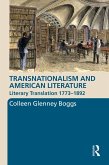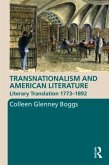
Broschiertes Buch
Literary Translation 1773-1892
29. Januar 2009
Routledge / Taylor & Francis
Y100555
| eBook, PDF | 29,95 € |
Ähnliche Artikel
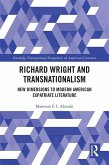
eBook, ePUB
14. September 2018
Taylor & Francis eBooks
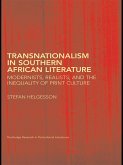
eBook, ePUB
18. August 2008
Taylor & Francis eBooks
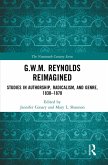

80,60 €**
72,95 €
**Preis der gedruckten Ausgabe (Broschiertes Buch)
Sofort per Download lieferbar
VersandkostenfreieBook, ePUB
8. Oktober 2018
Peter Lang Ltd, International Academic Publishers
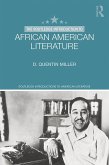
eBook, ePUB
12. Februar 2016
Taylor & Francis eBooks
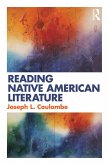
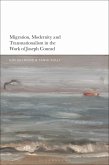
eBook, ePUB
29. Juli 2021
Bloomsbury UK eBooks

eBook, ePUB
5. März 2008
Taylor & Francis eBooks

eBook, ePUB
26. August 2021
Taylor & Francis
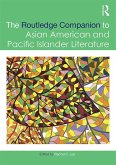
eBook, ePUB
5. Juni 2014
Taylor & Francis eBooks
Ähnlichkeitssuche: Fact®Finder von OMIKRON

